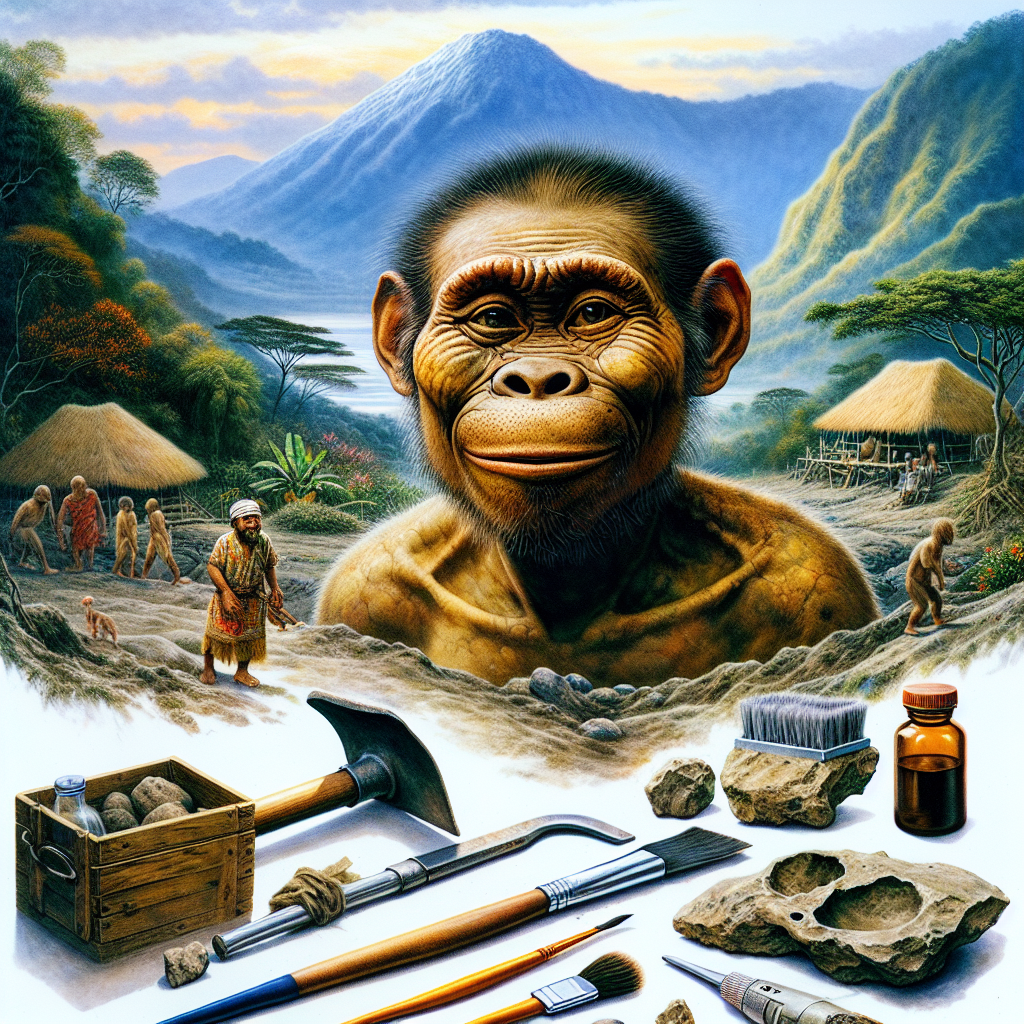Diverse Space Ventures Propel Global Scientific Discoveries
Recent developments in space and science include the discovery of a 237-million-year-old reptile fossil in Brazil, Italy's Vega-C rocket's scheduled return, China's lunar sample display, India's strategic space market plans, SpaceX's Starship advancements, and NASA's Europa exploration mission. These news briefs highlight international efforts in advancing space exploration and science.

In a significant breakthrough in paleontology, scientists in Brazil unearthed a fossil of Gondwanax paraisensis, an ancient reptile dating back 237 million years, revealing insights into the era before dinosaurs. The newfound species, the size of a small dog, signifies crucial understanding of prehistoric life.
Meanwhile, Italy's Vega-C rocket is set for a triumphant return to space on December 3, following a thorough redesign and rigorous testing after a mission failure in 2022. Avio's CEO announced these preparations as part of Italy's commitment to advancing its space exploration capabilities.
China presented a rare lunar sample from the moon's far side at the International Astronautical Congress, underscoring its growing prowess and the shifting dynamics in space exploration, with Russia notably absent amid geopolitical tensions.
(With inputs from agencies.)










